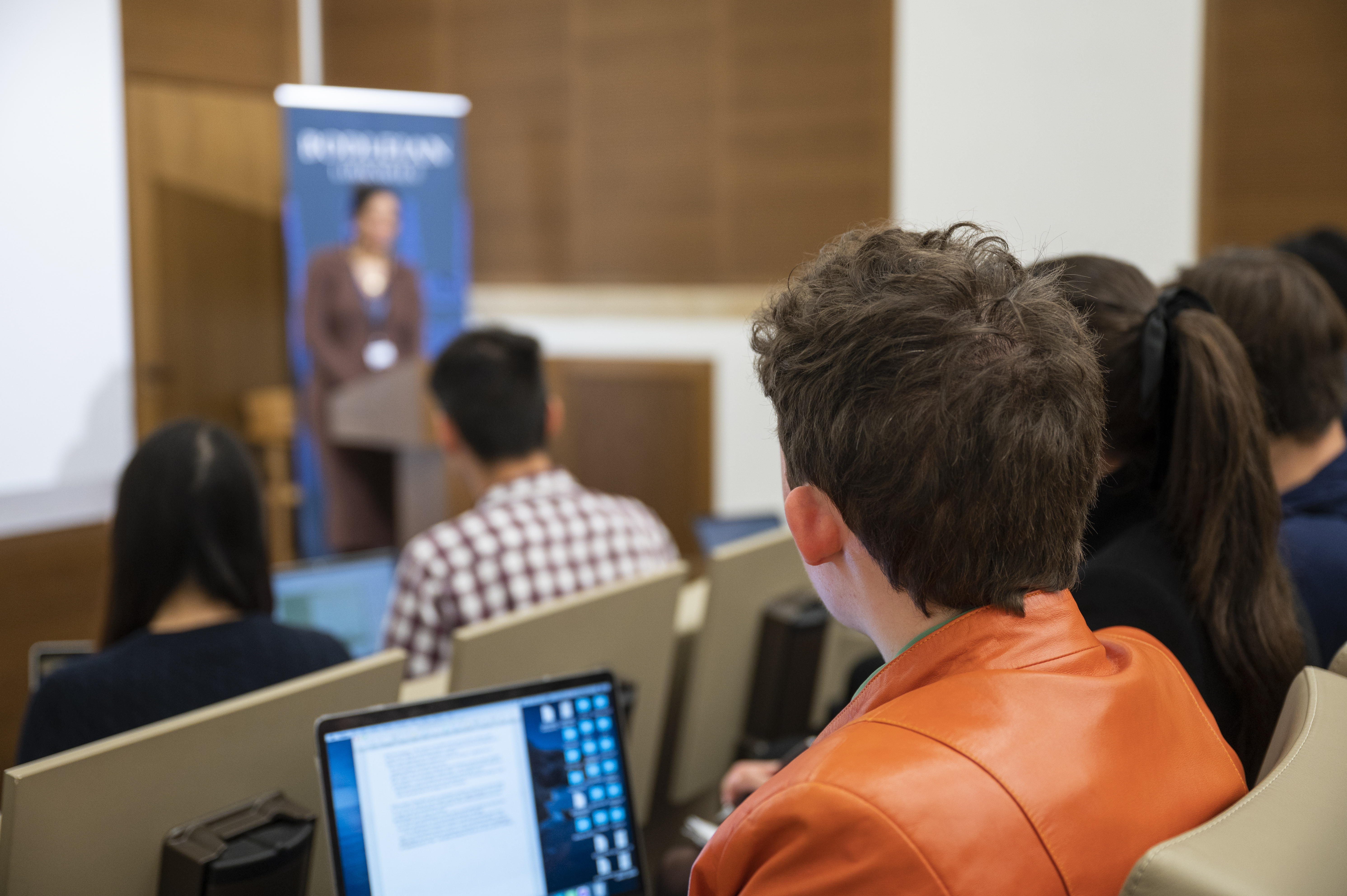
The nomination deadline for the Oxford SU sabbatical officer elections for 2025-26 is today Friday 31st January.
We're looking to encourage strong candidates to run and there's still time to make a nomination. If you know any students who you think would make great sabbatical officers, please either:
New Order were formed after the death of Ian Curtis ended the career of Joy Division. At first they struggled. They seemed to, er, quite like dance music and the first album was over-produced. But when 'Temptation' was released you knew something was afoot. Brilliant drumming, years ahead of its time and worth waiting for the lines towards the end: 'oh you've got green eyes, oh you've got blue eyes, oh you've got grey eyes'. Yes, a love song.
More famous songs were to come, but any better than this?
17:00
Parametrising complete intersections
Abstract
For some values of degrees d=(d_1,...,d_c), we construct a compactification of a Hilbert scheme of complete intersections of type d. We present both a quotient and a direct construction. Then we work towards the construction of a quasiprojective coarse moduli space of smooth complete intersections via Geometric Invariant Theory.
PhD student Vishal Gupta is putting together a band and he needs a bassist, a drummer and a singer, ideally to play (not too heavy) rock music. Interested? @email
And I will be in touch soon with those of you who play an instrument to talk about making sweet music and sweet films.


 The mid-term questionnaire is now available on Moodle and will remain open until Friday 7th February.
The mid-term questionnaire is now available on Moodle and will remain open until Friday 7th February.

 Get in the Game: Bridgewater | Metaculus Forecasting Contest
Get in the Game: Bridgewater | Metaculus Forecasting Contest